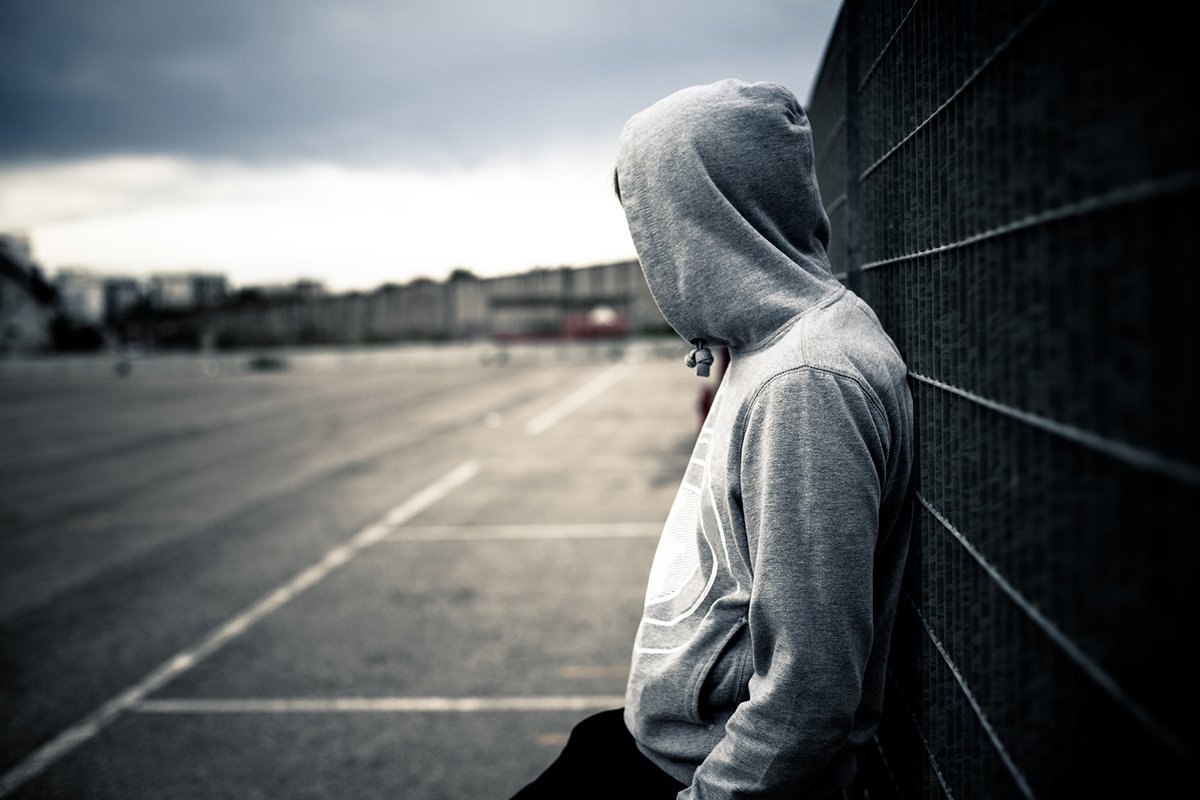
I was first introduced to Action for AIDS Singapore (AFA for short) when I was a student in polytechnic, where I took part in my Community Service Project (CSP) CCA’s initiative called the Pledge of Silence. In this initiative, students voluntarily pledge hours of not speaking, to raise awareness for the difficulties HIV patients must bear silently in fear of discrimination. It was fun to see students refusing to answer questions in class, using sign language to talk to their friends and typing food orders on their phones in the canteens.
It wasn’t until a couple of years later, when a personal friend of mine disclosed about being diagnosed with HIV, that I experienced how painful and yet humbling it is to witness a teenager’s invincibility complex get shattered to pieces. It was then that I found myself seriously considering what AFA does for the community. Wanting to help and yet realising that I knew not how to, I did a search on AFA’s volunteering programmes online and signed myself up to be a volunteer.

Me as a counsellor at the anonymous testing service clinic
I’ve been with them ever since then, and I can truly tell you that it has been the most meaningful and educational journey I’ve experienced.
Fast forward to today, I’m still resolved to continue my volunteering work with AFA; and I’ve also registered it as a self-sourced CSP with our SMU Centre for Social Responsibility (C4SR). Being an AFA volunteer is a great conversational topic, as many students would find my choice of CSP really unusual and some might even feel a certain level of apprehension. But I’m always more than happy for any opportunity to share more.
So what do I do as a volunteer? I started with outreach – “preaching” safe sex and regular HIV testing to people outside nightclubs and at locations with high transmission risk. It is not an easy task being the wet blanket on half-sober people who are out to have some fun, but the condoms I give out as freebies help. I’ve since gone on to become a testing counsellor for our anonymous testing services – listening to people’s sexual lifestyle to assess their risk and giving advice on how to keep themselves and others safe. It is also our job to deliver the test results and provide further counsel if it is returned positive. Beginning this year, I have also taken on the task of helping recently diagnosed patients adjust to their new “status” and lifestyle.

Providing on-site counselling at a nightlife location. (Note: The individual’s face has been blurred to protect his identity.)
If I could send one message to the SMU student community, it would be: “Don’t be afraid to talk.”
Singapore is a developed and well-informed nation, but STD awareness is sorely lacking because sex is still a taboo topic. Silence creates an environment where HIV positive patients must conceal their status in fear, and the general public continue to risk transmission in ignorance. Our impression of HIV is stuck at the fatal epidemic 30 years ago, not the controllable chronic disease (much like diabetes) it is today.
There are many marginalised segments in our society, most hidden from plain sight. I hope that by sharing my experience, SMU students may see community service not just as a graduation requirement but as an enrichment to life. May every student eventually find a cause they can truly champion passionately.
